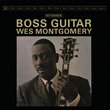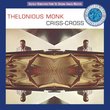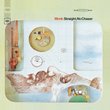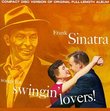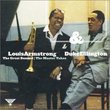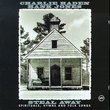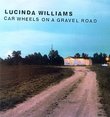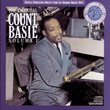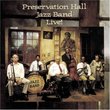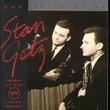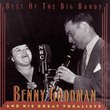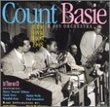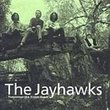| All Artists: Thelonious Monk Title: Thelonious Monk Members Wishing: 2 Total Copies: 0 Label: Ojc Release Date: 7/1/1991 Album Type: Original recording remastered Genres: Jazz, Pop Styles: Modern Postbebop, Bebop Number of Discs: 1 SwapaCD Credits: 1 UPC: 025218111027 |
Search - Thelonious Monk :: Thelonious Monk
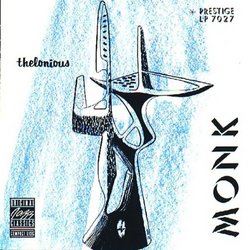 | Thelonious Monk Thelonious Monk Genres: Jazz, Pop
|
Larger Image |
CD DetailsSimilar CDs
Similarly Requested CDs
|
CD ReviewsTo me, the most satisfying Monk recording Joost Daalder | South Australia | 12/08/2002 (5 out of 5 stars) "Thelonious Monk has a unique and commanding position among jazz pianists because of the total originality of his musical vision and his ability to express it fully, however unorthodox his music is. Indeed, his individulality is one of his chief assets. But what he did was not just 'novel': it was searching, profound, and articulated deep emotion. His music is the opposite of superficiality, yet never depressing, however strongly his thinking and feeling are rooted in the blues. This recording to my mind shows him to greater advantage than any other in that it is not 'solo', when I feel he should be accompanied by a drummer and bassist (as he is here), nor with one or more horns, where all too readily what Monk does is not really compatible with the music of the other prominent musicians, however good they are. As well, the tunes played for this recording are either important Monk originals or others that he used to great advantage, and although the tracks are short his creativity is in full flight all the time. Unhesitatingly recommended as containing some of the greatest post-war jazz. This should be in every collection, and is ALWAYS great to listen to. - Joost Daalder" THE BEST PURE MONK... Sébastien Melmoth | Hôtel d'Alsace, PARIS | 09/15/2005 (5 out of 5 stars) "The recordings on this disc represent probably the best pure Monk around: they present the original, quintessential "Monk sound." Monk's solo recordings on Columbia are great, but they are a little different. How so? Well, without a timing duo of drums & bass, Monk was prone towards a slow tempo--which is great: some of his solo tracks are almost hypnotic. Yet, with the greatest jazz drummer of all time--Art Blakey--giving Monk a steady beat--whether fast or slow--Monk is able to achieve even better boppin' jazz. On some of the tracks Monk is acconpanied by one of the second best drummers in jazz--Max Roach (tied with the original Jo Jones!). So, overall, these tracks show Monk at his best: virtually solo piano, except with a driving timing section which helps the soloist. The remastered sound is insanely crisp and clear! Only complaint is that the playing time is short: not more than :40mins. But it's worth the price when an aficianado absolutely has to have the best!" Great Trio Work!!! Gregory Monk | Brookhaven, MS | 05/02/2001 (5 out of 5 stars) "The fact no one has reviewed this title before now kind of surprises me. This records highlight some great work by Monk, Max Roach, and Art Blakey; in addition, this record marks the first time most of these tunes were ever recorded, and there are some classics on here. "Trinkle, Tinkle", "Blue Monk", "Bemsha Swing", and "Little Rootie Tootie"(a lesser known but incredible tune) are all featured on this disc along with many other wonderful songs. The particular version of "Blue Monk" that appears on this record represents a very memorable highmark. It clocks in at 7:36 (the longest track on the record, most tunes are relatively short, preety much like the Blue Note period length wise) and features some awesome drum work by Blakey. It is really great to hear Monk in a trio format, he really shines in this scenario. I would definitely recommend this title to any Monk fan, or anyone wanting to start their Thelonious collection. It really sets you up for Monk's "original" piano style."
|

 Track Listings (10) - Disc #1
Track Listings (10) - Disc #1